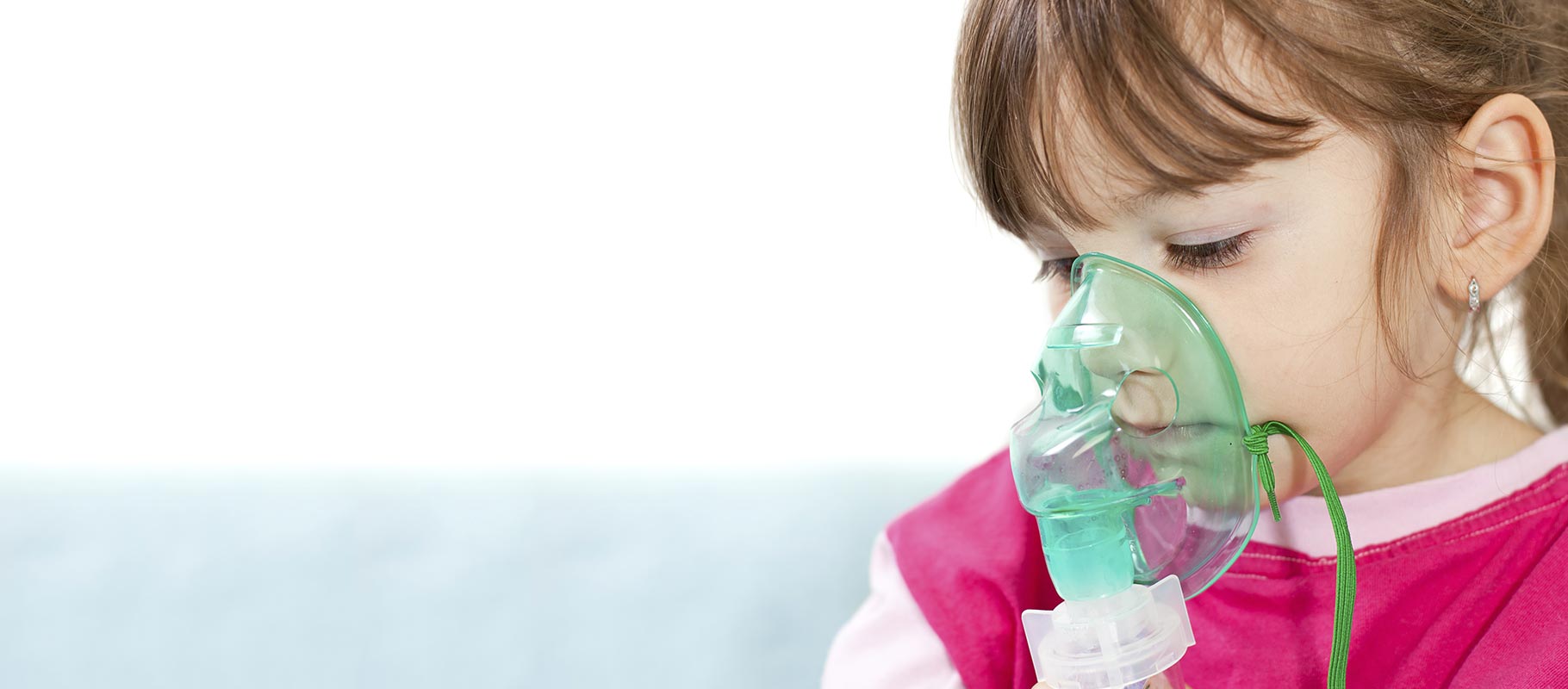
Participate in Research is designed to connect potential volunteers with open research studies. We are looking for volunteers just like you to help answer important questions about lungs and breathing. This page lists lungs and breathing studies that may apply to you or someone you know. If you find a study that you’d like to participate in, you can contact the study team with questions or to volunteer. Join us to improve the health of others.
UW Medicine’s lung care and lung transplantation services, located at Harborview and UW Medical Center in Seattle, combine pulmonary and critical care medicine, thoracic surgery and lung transplantation to provide the highest quality patient care for the entire spectrum of pulmonary and critical care illnesses.
Help solve the mysteries of the brain. Help us discover future treatments for brain injury and disease. We still do not fully understand how the human brain works. Much of how our brains function and how the parts are organized remains a mystery. Brains are…
The goal of this study is to learn more about the causes of asthma, particularly what underlies asthma symptoms and the reasons some people have asthma while others do not. As a part of this study, we are asking volunteers with and without asthma to…
The purpose of this clinical research study is to look at whether the investigational study drug, BLU-5937, works and how safe it is in adults with refractory chronic cough (RCC). This research study requires 20 visits over approximately 71 weeks. Subjects are required to wear…
Thank you for your interest in our study! Castner Incorporated, with Research & Marketing Strategies, is currently recruiting adults aged 62 or older who suffer from respiratory problems to take a survey about at-home emergency preparedness. We are hoping to learn more about individuals’ preparedness…
Thank you for your interest in the UW Smartphone Cough Study! The purpose of this study is to collect cough data for our cough detection smartphone app. This app has the potential to make a big impact in the fight against the COVID-19 outbreak so…
The airspaces of our lungs are guarded by alveolar macrophages, which are very specialized infection-fighting cells that ingest and kill most inhaled bacteria and release substances that control inflammatory responses in the lungs. However, there are some bacteria that are able to survive and replicate...
The overall goal of this project is to study the inflammatory response of lung and blood cells to infection with Burkholderia pseudomallei. As a part of our study, we ask eligible individuals to undergo a blood draw and a bronchoscopy (a procedure to obtain cells…